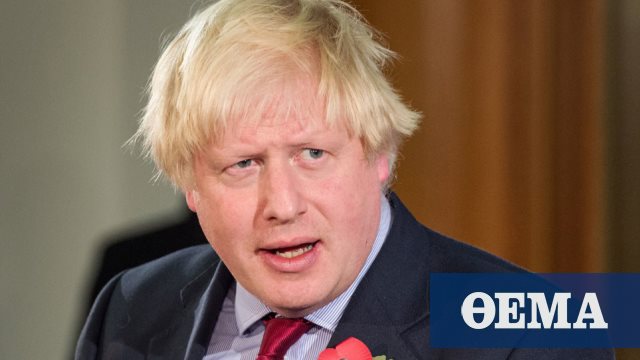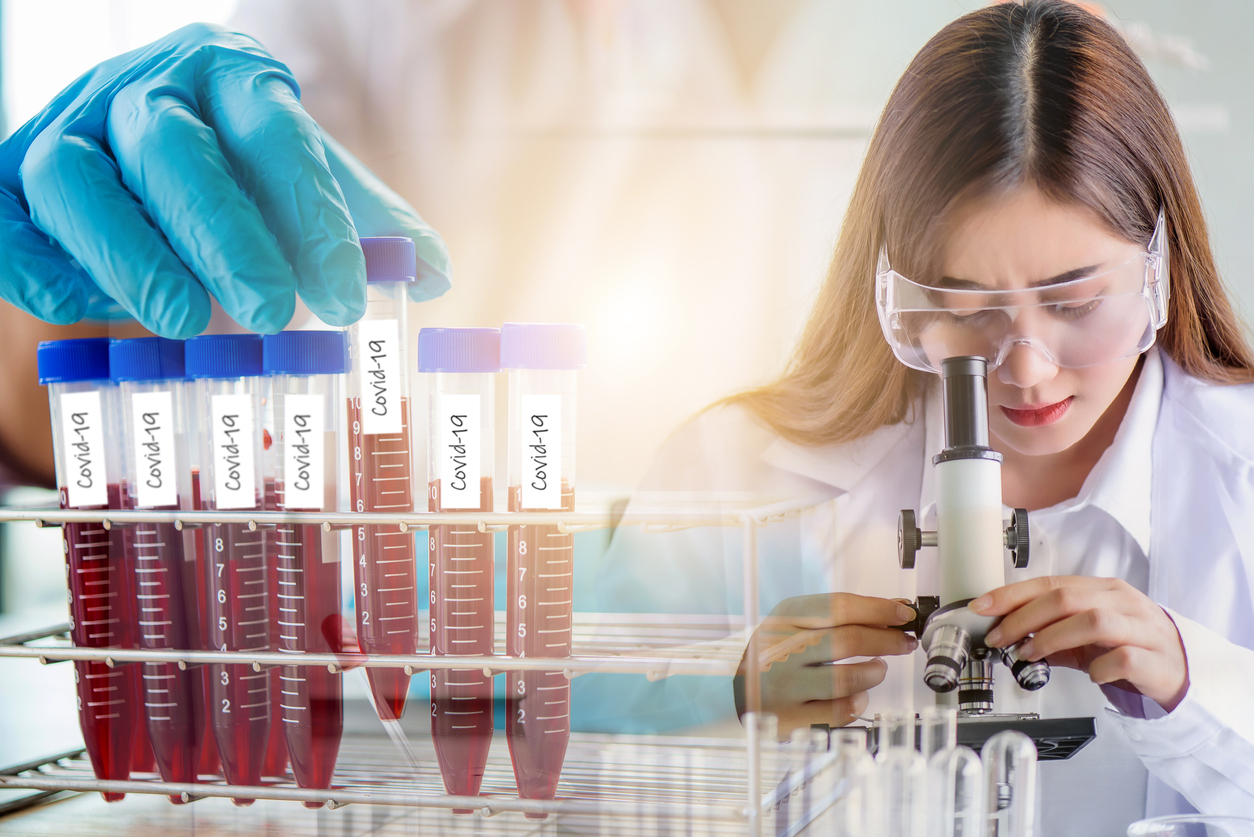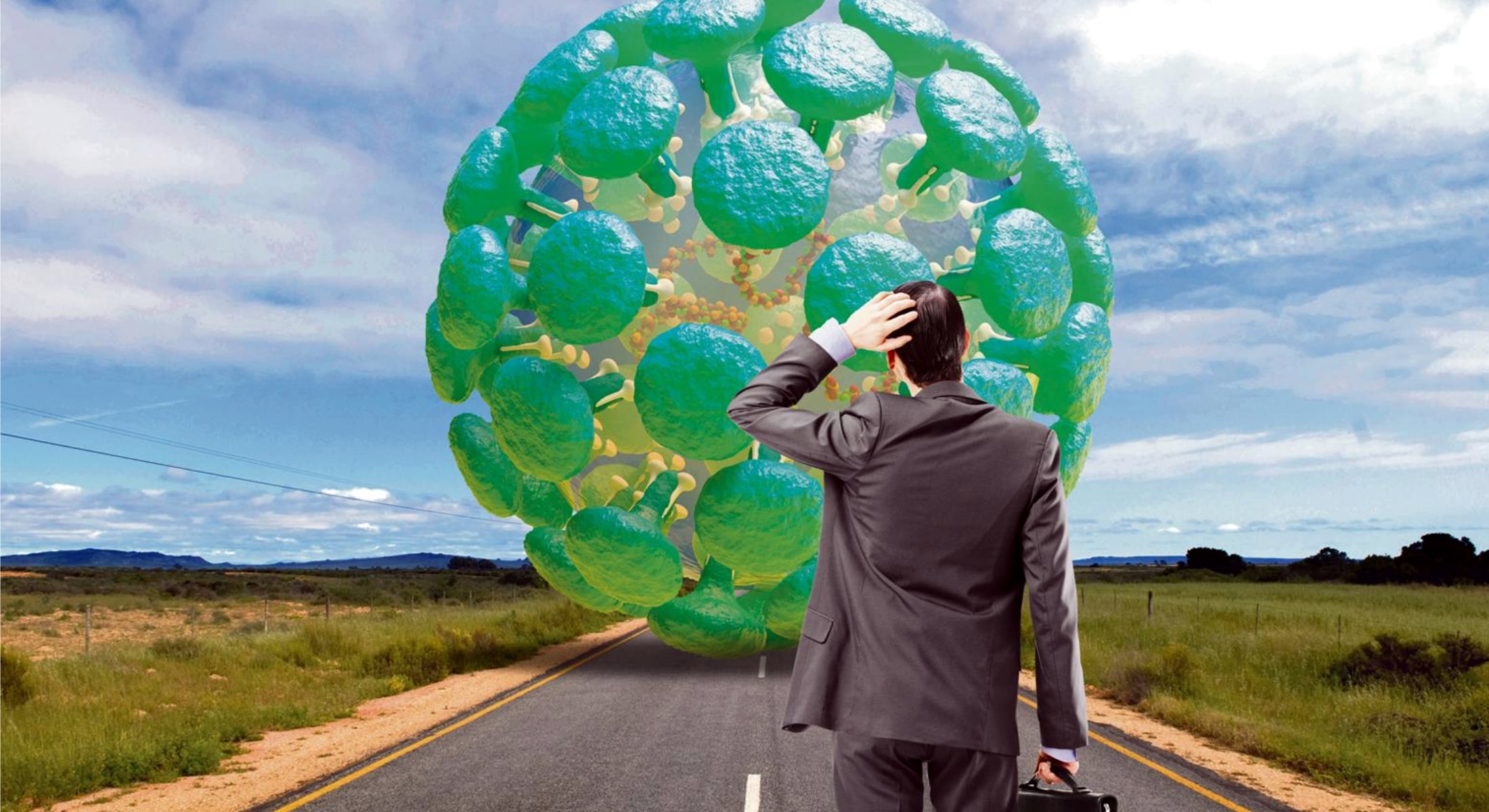Why did the West fail, not the East?
Source antapocrisis.gr
April 1 2020
The numbers are known. Yesterday, March 31, Italy, Spain, the United States and France were ranked first in the list of human casualties by the corona. China with 4 dead is in 3.305th place, but based on growth rates, other Western countries will surpass it.
The sad statistics raise a relentless question:
Why did the West fail?
The question becomes even more relentless as the virus is launched from China. The first death in the West is recorded about two months after the first Chinese casualties and the WHO was informed of the new virus. If in China the pandemic was new and sudden, the West had time to prepare.
Epidemiologists and researchers will study the specific causes of this western vulnerability. They will refer to scientific findings, population and epidemiological data, pure medical data, and research results. Non-experts will do well to listen to them.
However, we can note a number of social attitudes, political attitudes and ideological priorities that played their part.
First: The arrogance of the colonialist
In recent decades, mass deaths from epidemics have been a sad privilege of "late" Asia or Africa. Today, advanced Western Europe and the United States are living a painful shock. The developed West, which believes that its economic and technological superiority makes it invulnerable, made wrong calculations. The recommendations of the World Health Organization are a clear indication:
On December 31, 2019, China notified the World Health Organization of 50 cases of pneumonia associated with acute respiratory syndrome but did not belong to the known viruses.
On January 31, a month after he was informed by the Chinese authorities, the WHO accepts that there is a health problem and declares a state of emergency.
Just on March 11, the WHO declares a pandemic, with 4.291 dead. It took two months and ten days for the outbreak of the epidemic in China, and more than a month and a half from the Chinese government's tough measures for such a decision.
The delay, the indifference, the lack of awareness of the situation for the Western leaderships are deafening. The culmination is the normal conduct of the municipal elections in France on March 15, the day 682 deaths were recorded worldwide, 368 of which were in Italy and 101 in Spain.
Reuters revealed today that in early February, the governments of the EU Member States told Brussels that their health systems were ready and that no additional medical equipment was needed. One month later, health systems in Italy and Spain had collapsed, and in France, the Netherlands, Belgium and even Germany they were being tested vigorously.
The colonialist arrogance of the Western elites felt that the epidemic would not hit, or at least not seriously hit, the countries of developed capitalism. This age-old culture sees the "others" as inferior, vulnerable, or even expendable. When it turns out that the virus knows no bounds and does not respect the metropolises of capitalism, there is no longer room for self-criticism, only for blaming the virus as "Chinese", according to the American president's popular statements.
It is obvious that China bought - at a high cost - the time to prepare the rest of the world, and the rest of the world wasted it, as Ian Johnson of the New York Times aptly notes.
It took 800 people dead in Italy to impose the lockdown in the north, which was largely ostensible as industries continued to operate at full capacity. Almost all the big companies used the window of the respective law, getting permission from the competent Prefect to continue their operation without interruption.
In China, in Wuhan, with a population of 11 million, a lodge was imposed after the 30th death toll. Seven days later, traffic was banned across Hubei province of 60 million people. The lockdown was absolute and real.
Even the most fanatical opponents of authoritarian Chinese capitalism can only recognize that in the pandemic, China, although the first to suffer the deadly effects of covid-19, reacted in a more rational and effective way than the arrogant West.
Reactions in South Korea, Taiwan, Singapore, and Japan were immediate and immediate. Perhaps because Asian countries were hit harder by the SARS virus in 2002-2003, perhaps because their governments did not move with the arrogance of the disease-prone colonial disease, the epidemic became manageable.
Second: The cult of markets
On January 11, China recorded its first death. The situation is getting out of control so quickly that 12 days later, on January 23, the Chinese government put Uhan in a quarantine.
The epidemic broke out in northern Italy on February 19. The zero patient cannot be found with certainty and it is ultimately proved that there have been multiple sources of entry.
As of Feb. 21, China had already killed 2.345 people. It is clear that the epidemic can develop very quickly and with fatal consequences.
Meanwhile, Milan Fashion Week runs normally from 18 to 24 February, while schools, football matches, commercial and tourist activities continue normally.
It is only on March 8 that Italy enters a state of emergency, although, as noted, this state of emergency does not apply to the large northern industries that continue to congregate workers in the production areas. The Italian Industrialists' Association is protesting against any attempt to shut down unnecessary production activities, even on days when the daily blood tax exceeds 600 people.
In an interview on March 11, Boris Johnson, with his main concern not to disrupt uninterrupted economic operation in the United Kingdom, gave a vivid example of modern eugenics: He warned that many people would die, but at the same time did not announce half a meter for preventing the spread. Schools remained open, as did - and much more - businesses in a neoliberal epidemiological application of "herd theory." Only 10 days later, on March 23, and under strong pressure from the scientific world, measures were taken to limit the spread.
Donald Trump, after seeing that praying with his associates does not prevent the virus, was forced to take action, but said that "the country was not designed to be closed", and that "businesses should be reopened very soon". It is aided by the country's business, industrial and financial complex, which believes that the damage is greater with the closure of the economy than with the uncontrolled spread of the virus. The American president was completely cynical, saying that "we cannot follow a treatment worse than the problem itself."
From one end to the other, in the civilized West, the message is clear: The economy cannot be subordinated to the people, but the people to the economy. Thus, the closure of the economy was hopelessly delayed, when the transmission rates had become exponential. And as criminal as it may seem, opening up the economy prematurely, despite the warnings of experts, is always on the table.
As much as the main reason is that we cannot politicize the pandemic, this criminal delay in measures to limit transmission, a delay that has already crushed Europe's strong health systems, has a moral cause: It is called globalized capitalism.
Third: The privatization of the state
After the devaluation of the risk in order not to disturb the free markets of globalization, after the delay of the measures in order not to slow down the economy, the bankruptcy of neoliberalism followed on a domestic scale.
The health systems could not stand where the epidemic escaped. The treatment system bent under the increased numbers. The number of human casualties is clearly dependent on the possibility of intensive and increased follow-up of seriously ill patients. If the capacity of health systems in such intensive care beds is depleted, the number skyrockets.
The argument of those who devalue the need for a rapid increase in ICU and MAF beds, as well as staff and equipment for intensive monitoring, is that Lombardy could not stand it, with many times better proportions of the care system. This implies that it is not important to strengthen the health system, as a rapid increase in cases is unmanageable anyway. So all that remains is to keep the measures to limit the spread.
It is indeed to be expected that the current capacity of the health system will not be able to withstand the spread of the virus to the community. However, it is not expected that the strong public will not be prepared, funded and executed by the strongest public, as much as possible, even on the eve of the pandemic.
After all, China has not only moved to the level of limiting the spread. He imposed a military quarantine without the slightest laxity. Authorities have reached a point where they will not allow a single person in each household to go out for two days, despite the exit, to buy the essentials.
Western liberals will talk about unprecedented state authoritarianism. They will probably be right. But they forget, or want to forget, that along with authoritarianism, the Chinese state had the ability to impose quarantine while meeting basic necessities of life. State agencies have come to the point of distributing food on the doorstep so that no one can go outside. Could something like this happen in Europe?
The West's weakness was reflected in the inability of its states to intervene effectively, even after the virus spread to the community, in health systems. Protective materials, respirators, equipment, all found exhausted, their supply meteoric, dependent on market availability. Accessibility was quickly depleted, and powerful governments were found to be blocking exports, withholding medical supplies, or requiring production units to produce, for example, respirators.
The largely privatized states of the West have not been able to sharply increase the capacity of health systems. The titanic mobilization to increase the number of beds with the support of seriously ill patients in the shortest possible time required a strong public system that has not eliminated its ability to mobilize all the existing forces of a society.
China has set up 17 hospital units in five days in Wuhan. Of course China is China and the sizes are not comparable. However, this move shows a direction.
It shows a logic.
It seems that it is not enough just to prolong the outbreak of the epidemic over time, and therefore to reduce the height of the disease curve.
You need to increase as much as possible the curve of the capacity of the care system, and especially of that part that can provide intensive monitoring.
This logic could not be followed by a West that for decades has been systematically and consciously weakening public intervention for the benefit of the private sector.
As a result, people in Italy and Spain are dying without the necessary medical and medical support.
We are told not to politicize, but this weakness also has a moral cause: the discrediting of the public, the dominance of the market, the worship of the private, the weakening of the social role of the state.
Fourth: The collectivist spirit
There is no socialism in China, that's for sure.
But there is a legacy of collective responsibility and collectivism. There is a belief - because it is a belief - that only a well-organized, coordinated, disciplined and collective action will be able to bring results.
Speaking about any pro-Chinese suspicions, Gale Christakis, a professor of Chinese medicine, said: "China has a collectivist culture and an authoritarian government that has allowed this huge reaction to take place. It thus has the background to fight a pandemic, as long as it actually uses real information and responds rationally. "
Against the collectivist culture of China, but also beyond the Asian states, which is not only positively due to the socialist past of the first, but also in a negative way to empires and authoritarian regimes of centuries, what has the West to oppose?
The cult of individuality, which while often functions as a smokescreen for the slaughter of social rights, in this case functioned as a challenge, with a liberal sign of the right to profit, to walk, to have fun.
The difficulty of convincing Western societies of immediate measures of social distancing and therefore of delaying the spread was obvious, even if we assume that the measures taken by governments were in the right direction. That was not, or at least was not all.
The West has lagged even even where it is widely believed to have an advantage: in the denial of superstition, in the acceptance of the scientific proposition, in the right speech. It is in the West that the most unscientific views on health defense are flourishing. It is in the West that paradoxes and conspiracies are multiplying every day. It is in the West that the restrictive measures have been challenged, not only for their cunning, unnecessary or "compliant" aspects, but also where they were absolutely necessary from every medical point of view.
It is too early to estimate whether the West's backwardness translates into something, triggers something else, or reveals something third. It is also clear that the West's backwardness does not have the advantage of the East, at least in terms of popular interests and the cause of social liberation. Nor, of course, is any new social model being built by Beijing's hard capitalism - under the red flag. The expediencies of the Chinese regime, after all, at all levels, from managing the epidemic internally to sending aid abroad, are obvious. But these do not erase the harsh question of the failure of the West.
Many claim that the pandemic crisis will change the balance of power in the world. For example, the First World War, or the Suez Crisis, or the Soviet invasion of Afghanistan and the Chernobyl accident. The pandemic is ongoing, but its effects will be long-term, including multiple data counts.
In each case, they have seized it, despite obstacles we can scarcely imagine. "






















